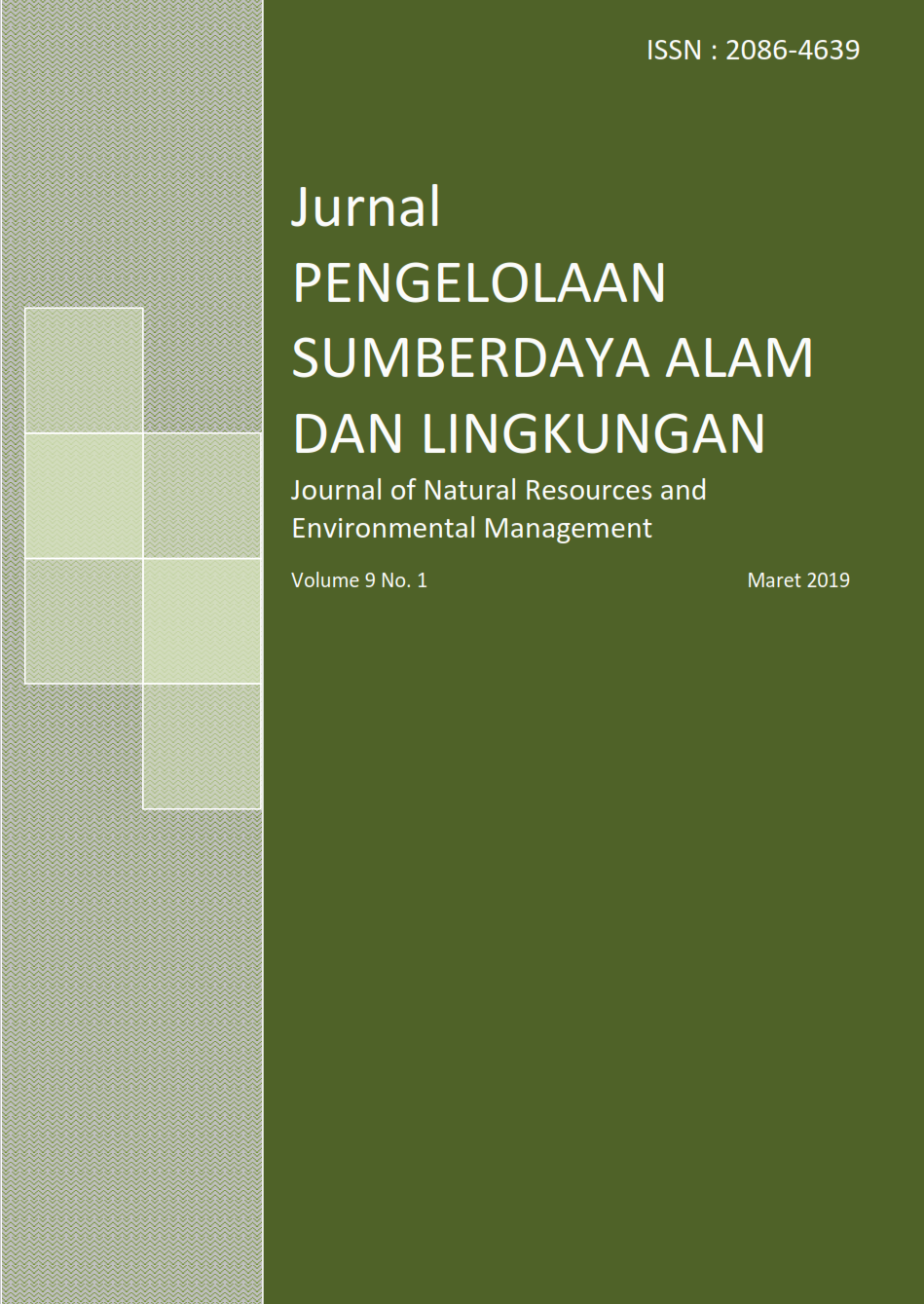PENGELOLAAN SUMBERDAYA PERIKANAN TANGKAP BERBASIS DAYA DUKUNG LINGKUNGAN PERAIRAN DI WPPNRI 711
Abstract
The maritime potential of the Fisheries Managemen Area of Indonesia (FMA) 711, particularly in the small pelagic capture fisheries sector is very large, it encourages the occurrence of illegal fishing conducted by Indonesian and foreign fishing boats, thereby reducing the production of legal fish catches. This study aims to estimate economic losses due to illegal fishing and the benefits of economic management by staying based on the sustainability of fishery resources, using primary data and secondary data. Primary data were obtained through interviews, fishermen questionnaire results and marine supervisors from July to November 2016. Secondary data, in the form of production statistics and small pelagic capture fishery effort in FMA 711 from Directorate General of Capture Fisheries, MMAF-Indonesia, illegal fishing catch data from the Fisheries Resources Monitoring Station Pontianak, the Indonesian Navy, the Water Police Unit, and Bakamla. The data series of 2005 to 2016 were also analyzed. Estimates of established models, including bio-economic analysis using the Gordon Schaefer model, and for economic benefit analysis using Fox's surplus production model. The results show the production amount 15,361 tons and effort 4,592 units, with economic rent of Rp 293.93 billion per year. While the economic losses due to illegal fishing are the difference between legal and illegal fishing estimates, ie production of 604 tonnes and rents of Rp 12.89 billion. This illustrates that the production and efforts of small pelagic capture fisheries in WPPNRI 711 can still be improved to reach the optimum level.
Authors
Authors who publish with this journal agree to the following terms:
- Authors retain copyright and grant the journal right of first publication with the work simultaneously licensed under a Creative Commons Attribution License that allows others to share the work with an acknowledgement of the work's authorship and initial publication in this journal.
- Authors are able to enter into separate, additional contractual arrangements for the non-exclusive distribution of the journal's published version of the work (e.g., post it to an institutional repository or publish it in a book), with an acknowledgement of its initial publication in this journal.
- Authors are permitted and encouraged to post their work online (e.g., in institutional repositories or on their website) prior to and during the submission process, as it can lead to productive exchanges, as well as earlier and greater citation of published work (See The Effect of Open Access).






